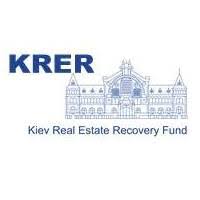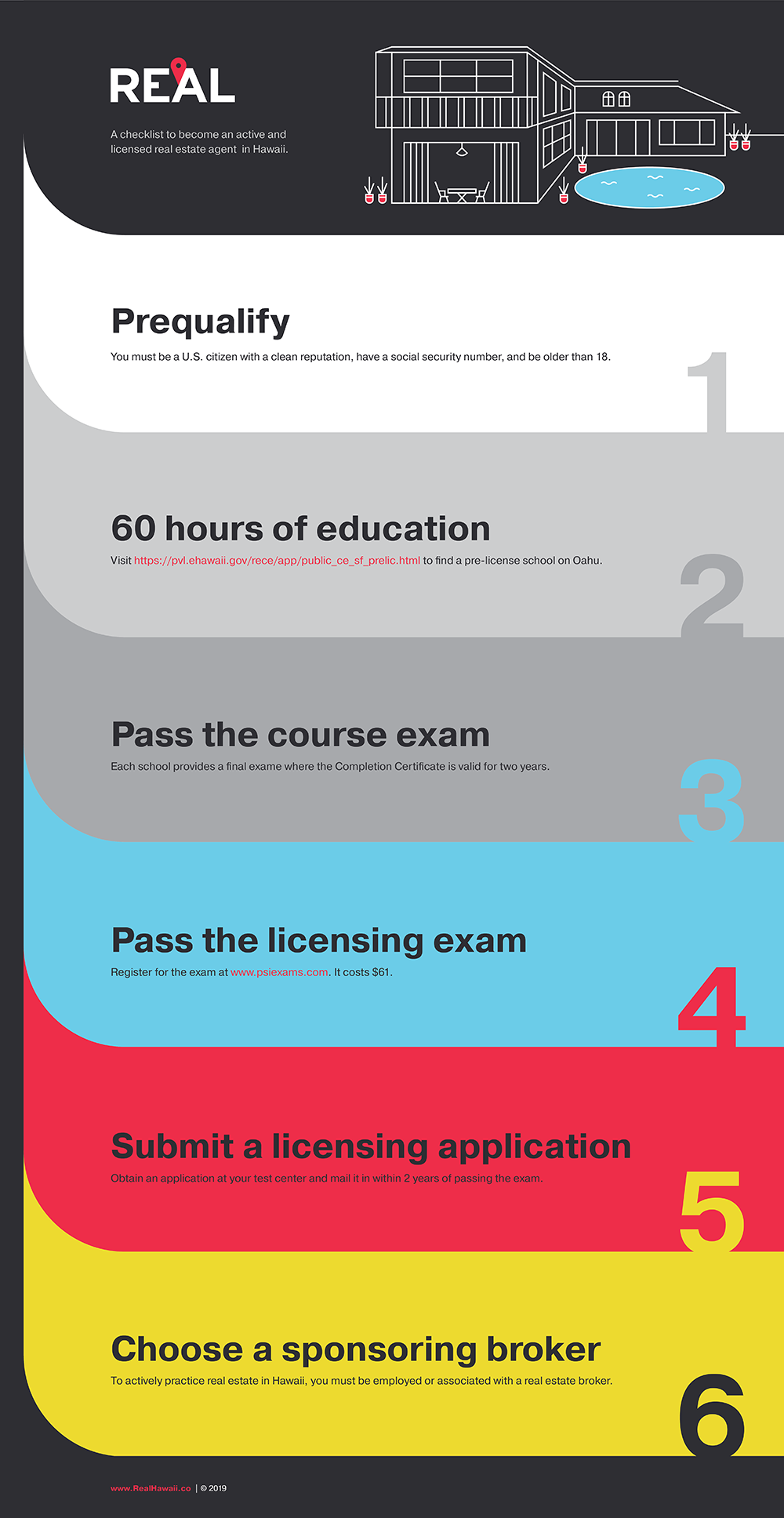
Stocks and realty are both excellent investment vehicles. However, each have their own set of benefits and disadvantages. Here are some key differences between the two: Liquidity, Risks, Location, and Profits. Real estate investing may be a better option if you're looking for passive income streams over the long-term. Real estate offers passive income streams as well as the possibility of substantial appreciation. Stocks, on other hand, are more susceptible to economic, market and inflation risk. While buying stocks doesn't require a large cash investment, they can be easily bought and sold.
Profits
There are many benefits to investing in real estate. For starters, real estate can create cash flow. Cash flow is the money that is left over after expenses are paid. You can offset your expenses by renting income. This will put money in the pocket. Your cash flow will improve the longer you own a property. Additionally, you can take advantage of a variety of tax breaks and deductions for real estate. These tax breaks can include deducting reasonable expenses related to ownership or operation.
Investing in real estate provides the flexibility that many investors need. You can slowly build a portfolio, and then supplement your income with rental income. Fixed-and-flip profits can also be your main source income. You have complete control over your property and can manage it according to your needs. You are also your boss. You are in control of your work hours and you have no salary limitations.

There are always risks
It is important to be able to distinguish between the risks associated with real estate investing and stocks. Real estate is a much more stable investment than stocks. Real estate has a lower risk of capital loss because the land you own is collateral for your initial investment. On the other hand, stocks are more liquid, so you can cash out at any time. Stocks can also produce income via dividends. Investors should be aware that stock prices can fluctuate and could cause investors to make emotional decisions.
There is also a greater risk associated with stocks. You must wait for your return before seeing a positive effect. Stocks can earn a 10% annual return, while realty returns 3 to 4 percent. But, even if you invest at least 20% in the property's value, you still get a 20% annual return. That is a far better return than stocks. It can be hard to find good properties and sell them for less money than you paid. Additionally, if you are unable to sell your property in the required timeframe, you could be subject to a tax penalty, which is often higher than the market's average return.
Liquidity
Liquidity means the ease of an investor's ability to convert their investment into money. Stocks are more liquid than real estate investments, as they can be sold during normal market hours. Stocks can be sold in a few days, but investors can access their money at any time. Real estate investments are not as liquid and could take several years to appreciate in price.
Another benefit to investing in real estate is that the income generated from it is more than capital gains. This makes it much easier to automate. The income component also automatically increases with inflation. This means investors can use their real property profits quicker. Another benefit of investing in real estate is that it is less volatile. Withdrawals from this type of investment are more secure, and less likely to be affected short-term volatility. Whatever your personal preferences may be, there's a strategy to fit you.

Location
Direct investing in real property is not for everyone. You should still consider real estate if you wish to have a balanced portfolio. It is simple to invest in the stock market and manage it. Investing in real estate is also less risky than stock index funds. Here are some tips to help make informed decisions about real estate investing.
FAQ
Do I need to rent or buy a condo?
Renting may be a better option if you only plan to stay in your condo a few months. Renting saves you money on maintenance fees and other monthly costs. On the other hand, buying a condo gives you ownership rights to the unit. You have the freedom to use the space however you like.
How do I know if my house is worth selling?
You may have an asking price too low because your home was not priced correctly. You may not get enough interest in the home if your asking price is lower than the market value. Get our free Home Value Report and learn more about the market.
How do I eliminate termites and other pests?
Your home will be destroyed by termites and other pests over time. They can cause damage to wooden structures such as furniture and decks. A professional pest control company should be hired to inspect your house regularly to prevent this.
What is reverse mortgage?
A reverse mortgage lets you borrow money directly from your home. It works by allowing you to draw down funds from your home equity while still living there. There are two types to choose from: government-insured or conventional. A conventional reverse mortgage requires that you repay the entire amount borrowed, plus an origination fee. FHA insurance covers your repayments.
Should I use a broker to help me with my mortgage?
A mortgage broker may be able to help you get a lower rate. Brokers can negotiate deals for you with multiple lenders. However, some brokers take a commission from the lenders. You should check out all the fees associated with a particular broker before signing up.
How can I fix my roof
Roofs can burst due to weather, age, wear and neglect. Repairs and replacements of minor nature can be made by roofing contractors. Contact us for more information.
What flood insurance do I need?
Flood Insurance protects from flood-related damage. Flood insurance can protect your belongings as well as your mortgage payments. Learn more about flood coverage here.
Statistics
- Over the past year, mortgage rates have hovered between 3.9 and 4.5 percent—a less significant increase. (fortunebuilders.com)
- 10 years ago, homeownership was nearly 70%. (fortunebuilders.com)
- Private mortgage insurance may be required for conventional loans when the borrower puts less than 20% down.4 FHA loans are mortgage loans issued by private lenders and backed by the federal government. (investopedia.com)
- When it came to buying a home in 2015, experts predicted that mortgage rates would surpass five percent, yet interest rates remained below four percent. (fortunebuilders.com)
- This seems to be a more popular trend as the U.S. Census Bureau reports the homeownership rate was around 65% last year. (fortunebuilders.com)
External Links
How To
How to find real estate agents
A vital part of the real estate industry is played by real estate agents. They offer advice and help with legal matters, as well selling and managing properties. The best real estate agent will have experience in the field, knowledge of your area, and good communication skills. To find a qualified professional, you should look at online reviews and ask friends and family for recommendations. It may also make sense to hire a local realtor that specializes in your particular needs.
Realtors work with sellers and buyers of residential property. The job of a realtor is to assist clients in buying or selling their homes. Apart from helping clients find the perfect house to call their own, realtors help manage inspections, negotiate contracts and coordinate closing costs. Most agents charge a commission fee based upon the sale price. However, some realtors don't charge a fee unless the transaction closes.
There are many types of realtors offered by the National Association of REALTORS (r) (NAR). NAR requires licensed realtors to pass a test. To become certified, realtors must complete a course and pass an examination. NAR designates accredited realtors as professionals who meet specific standards.